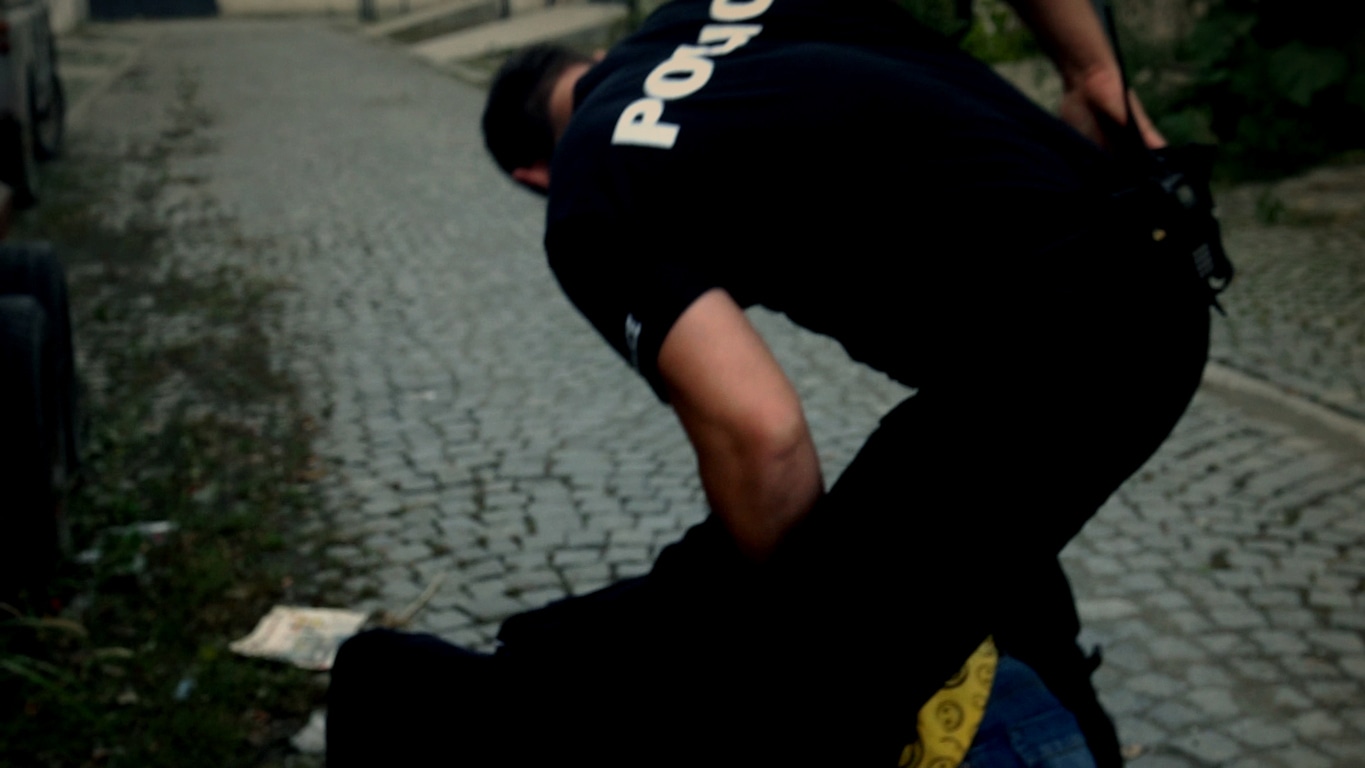INTERVENTION ORDERS IN TROUBLE – POLICE EXCEED THEIR POWER
September 10, 2014
The Supreme Court has overturned a finding of guilt against a man charged with contravening an intervention order on the basis that the order made by police prohibiting him from ‘entering or remaining in the vicinity’ of specified premises was invalid.
The intervention order was made in favour of the man’s former wife following their separation and after an incident in which the wife alleged that he had trespassed on property and assaulted her. Those charges went to trial at which time the Magistrate rejected the wife’s allegations. Nevertheless, the intervention order continued in force which contained the provision that he, “must not enter or remain in the vicinity of the protected person(s) place of residence, place of employment, or any other place at which the protected person(s) is staying or working.”
Later, the man befriended another woman who lived nearby and went to her house to help with hanging party lights out the front. His evidence was that it was only later when he went to the rear of her property that he realised he could see from there to his former wife’s kitchen window which was about 26 metres away. Although she wasn’t home, the man had with him their six year old daughter who later told her mum where they’d been that day. The former wife then later reported to the police that he had breached the intervention order. The police didn’t do anything about it at that time, but two months later when the man went to court to contest the charges of trespass and assault (in which he was found not guilty of all charges because the Magistrate was unable to accept the evidence of the former wife) the police questioned him about this alleged breach and then charged him with contravening the intervention order.
Following another trial, that this time resulted in the man being convicted of contravening the intervention order, he appealed to the Supreme Court. Without hesitation the Supreme Court concluded that it was elementary fairness to a person the subject of an intervention order that the terms are specific and certain. In that way the person can be in no doubt as to the meaning and extent of the orders. The Court noted that the lack of clarity and specificity associated with the word ‘vicinity’ has been emphasised in many contexts.
The Court concluded that in creating intervention orders, the police do not have the power bestowed upon them to insert broad and vague terms, or to use their individual opinions to ‘declare’ that in a particular case there has been contravention of an order based on whether they think it was ‘in the vicinity’. The Supreme Court held that this term of the order was void, or invalid, and the verdict of guilty was quashed.
Notably, the wording of the order was chosen from a ‘pro-forma’ document by simply placing crosses in boxes alongside pre-typed prohibition terms. The power of police to issue intervention orders based on allegations made by estranged partners is significant. It is likely that this decision will impact on a great many – if not almost all – intervention orders issued by police using the ‘tick the box’ pro-forma document. Anyone who has been issued with an intervention order should arrange a free initial consultation with a specialist criminal lawyer in Adelaide or the North East at Websters Lawyers to confirm whether they are affected by this case.
Police v Siaosi [2014] SASC 131


